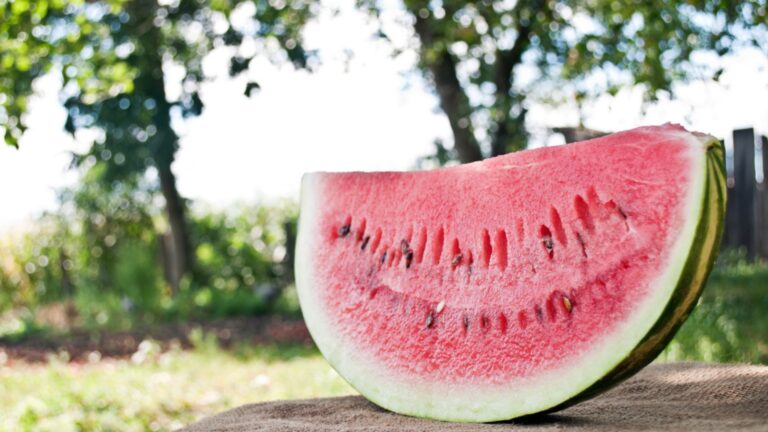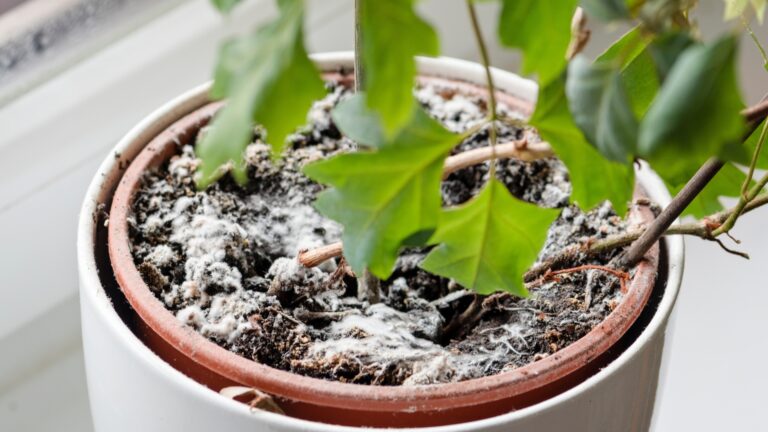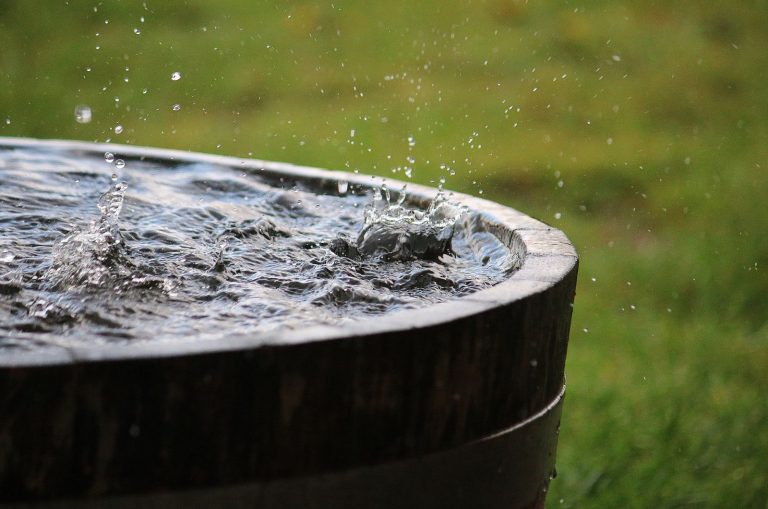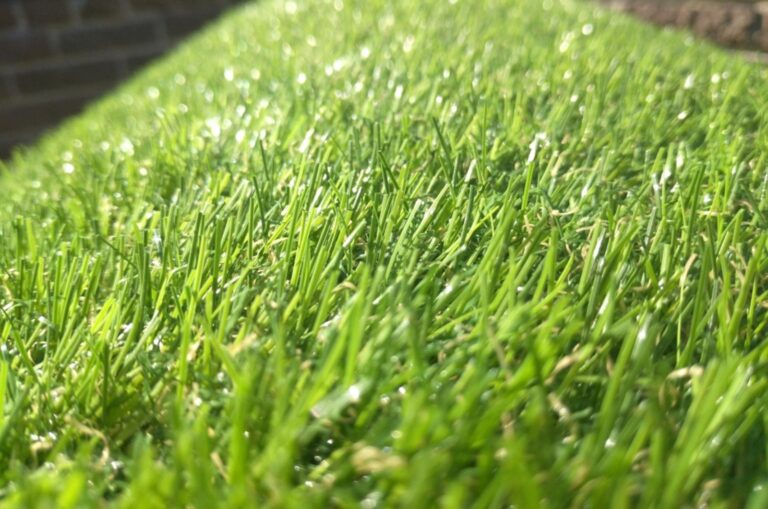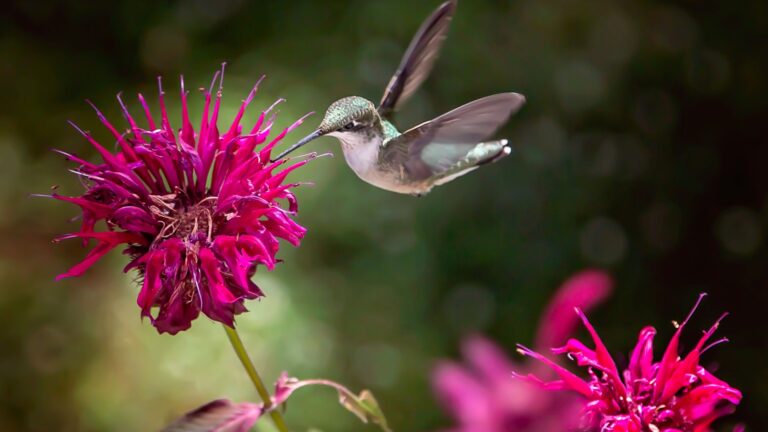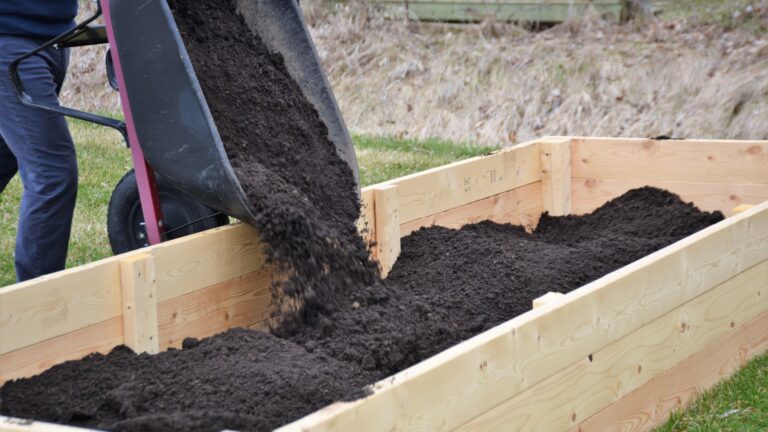15 Mistakes Gardeners Make With Ducks For Pest Control (And How To Avoid A Messy Situation)
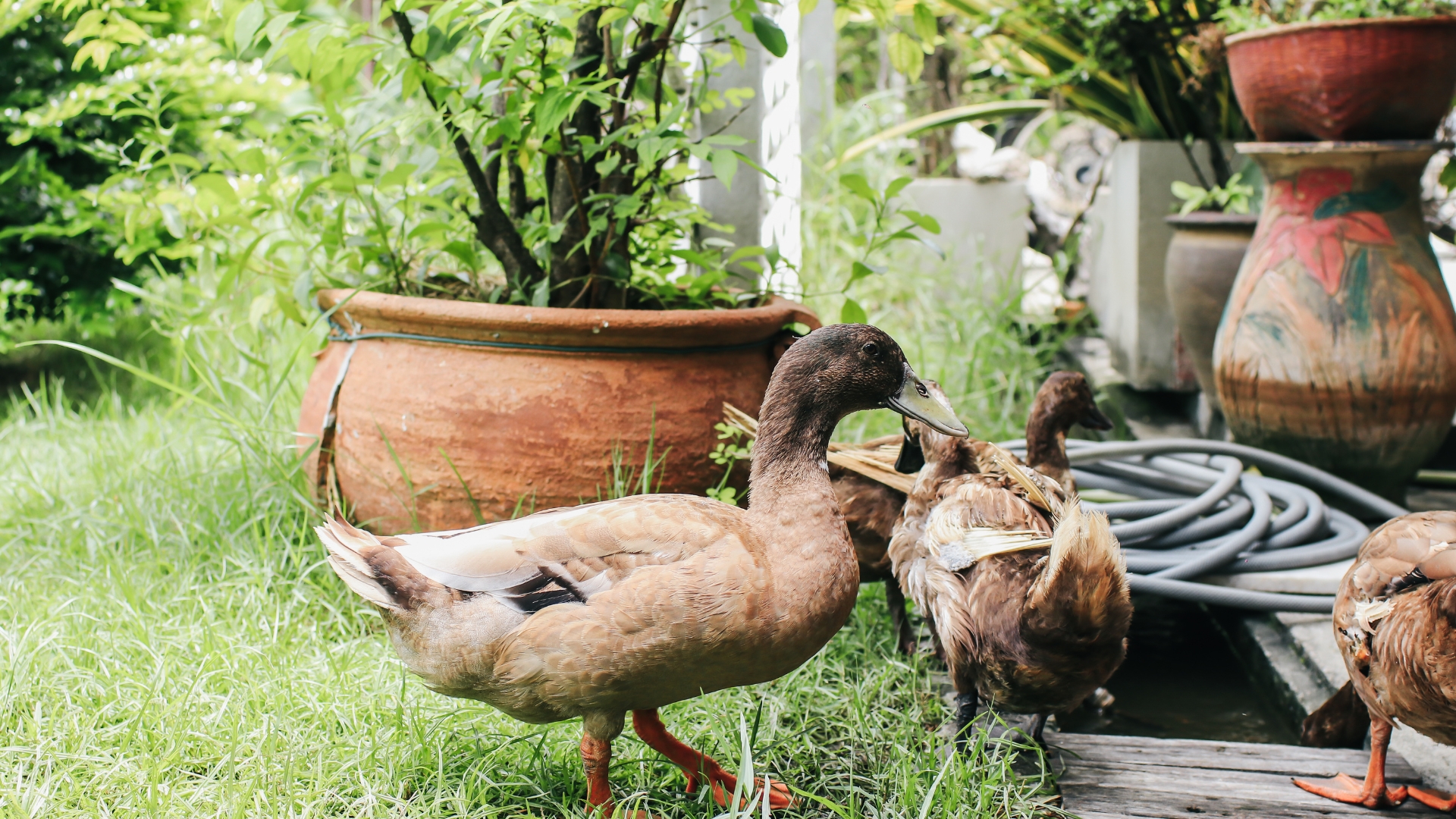
Using ducks to handle pests sounds like a dream, but it can get tricky fast if you’re not careful. I’ve seen well-meaning gardeners end up with more chaos than control when ducks are involved.
These feathered helpers need the right setup to do their job without causing headaches. Avoiding these common mistakes can save you from a messy situation and keep your garden thriving.
Let’s explore 15 pitfalls to watch out for and how to keep things running smoothly with your duck squad.
1. Wrong Duck Breeds
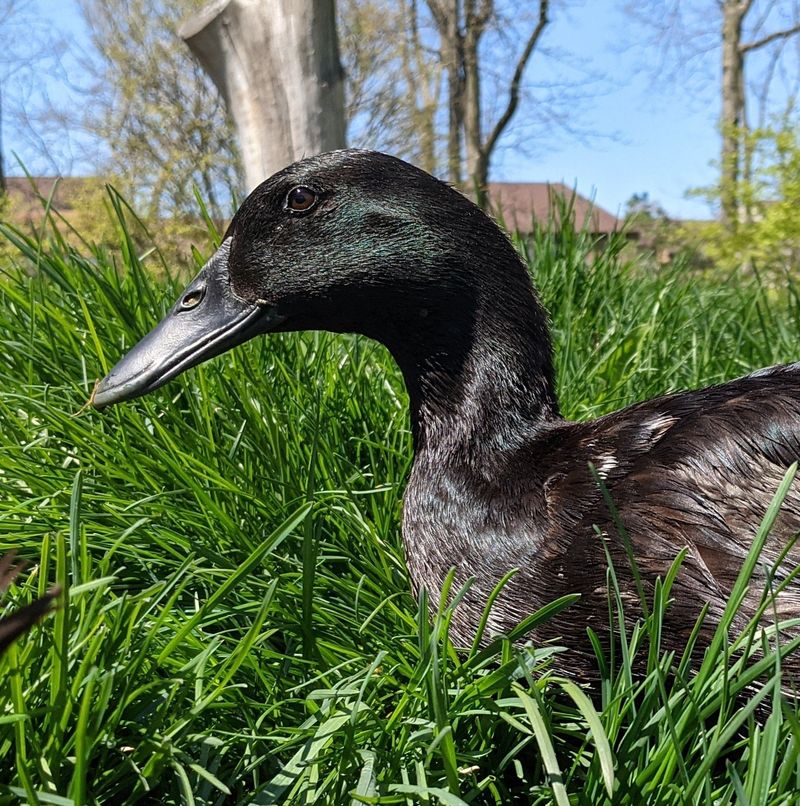
Not all ducks are created equal when it comes to garden pest control. Runner ducks excel at slug patrol, while Muscovies might destroy delicate plants with their scratching. Indian Runners are slender and upright, perfect for navigating between garden rows.
Choosing heavy breeds like Pekins means less mobility and more plant damage. Research breed temperaments and foraging styles before bringing them home to ensure you’re getting efficient pest controllers rather than garden destroyers.
2. Insufficient Housing
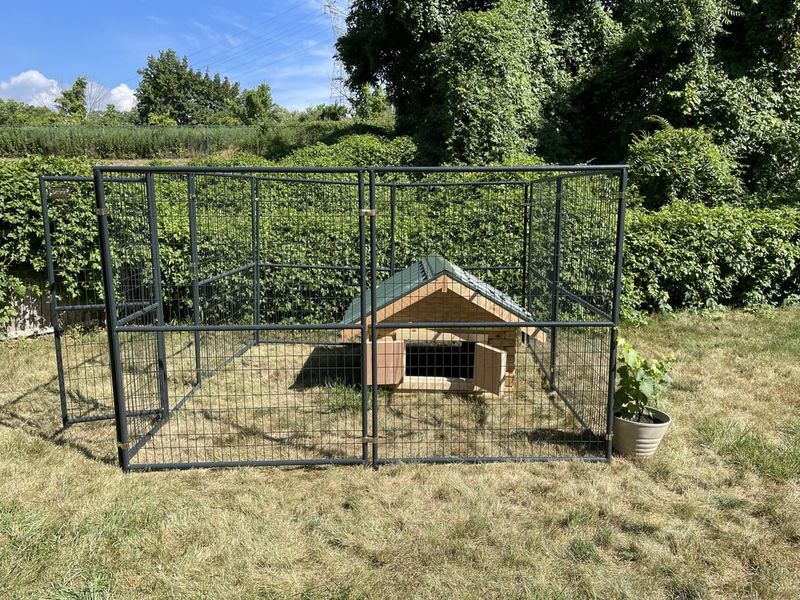
Many gardeners underestimate the importance of proper duck housing. Ducks need protection from predators and weather extremes, with at least 4 square feet per bird in their shelter. They also require nesting areas if you’re keeping females.
Without adequate housing, ducks become stressed and ineffective at pest control. Their shelter should be draft-free but ventilated, with easy access to both their foraging areas and a clean water source for drinking and cleaning their bills.
3. Limited Water Access
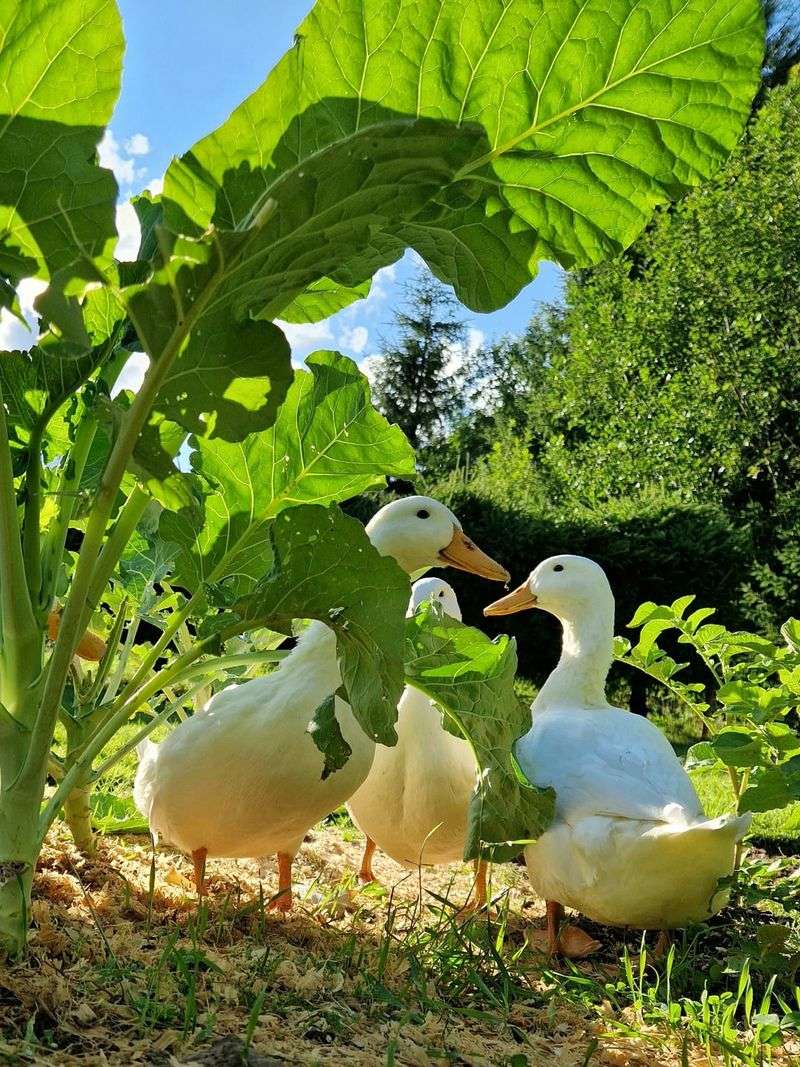
Ducks aren’t just land creatures – they need water to maintain healthy feathers and clear their bills while foraging. Many gardeners provide only drinking water, which leads to dirty, unhappy ducks that can’t properly control pests.
A shallow kiddie pool or specially designed duck pond gives them somewhere to dip their heads and clean themselves. Change the water regularly to prevent mosquito breeding and bacterial growth that could make your ducks sick.
4. Unrestricted Garden Access
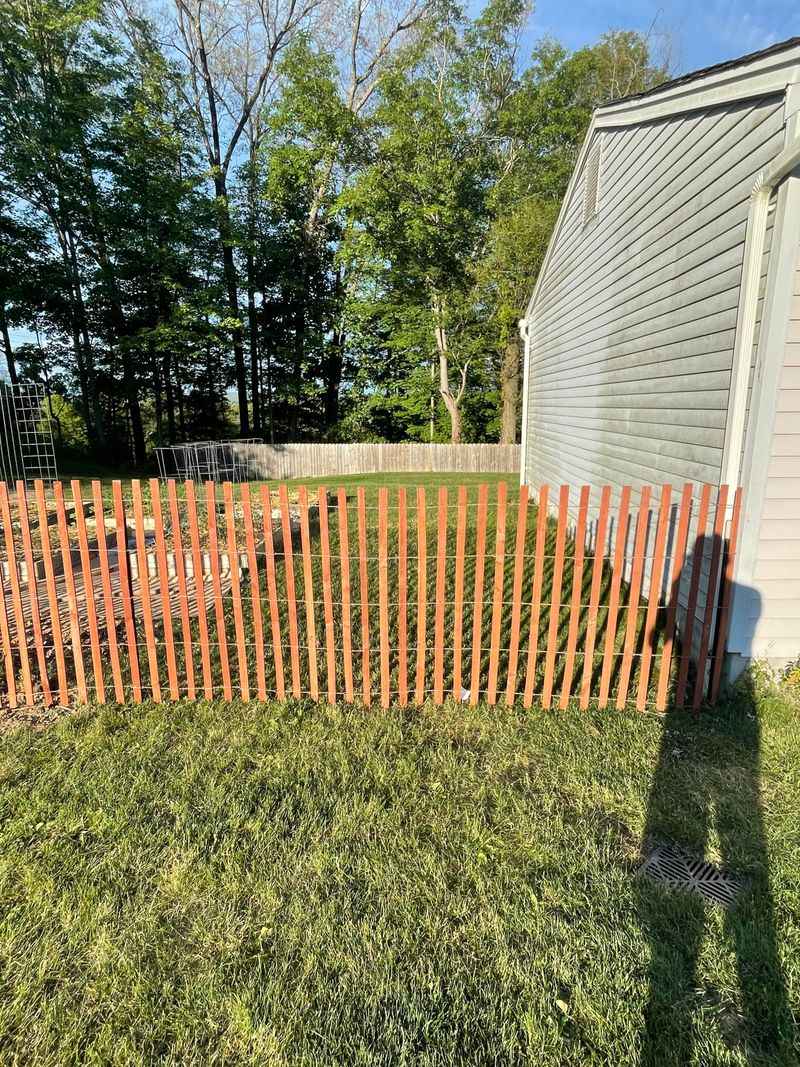
Letting ducks roam freely through your entire garden is asking for trouble. They’ll trample seedlings, devour tender greens, and possibly destroy more than they protect. Smart gardeners use portable fencing to direct ducks exactly where they’re needed.
Create a rotational system that allows ducks into specific garden sections at strategic times. This prevents plant damage while maximizing pest control benefits. Seedlings and delicate crops should always be protected with row covers or separate fencing.
5. Poor Timing Introduction
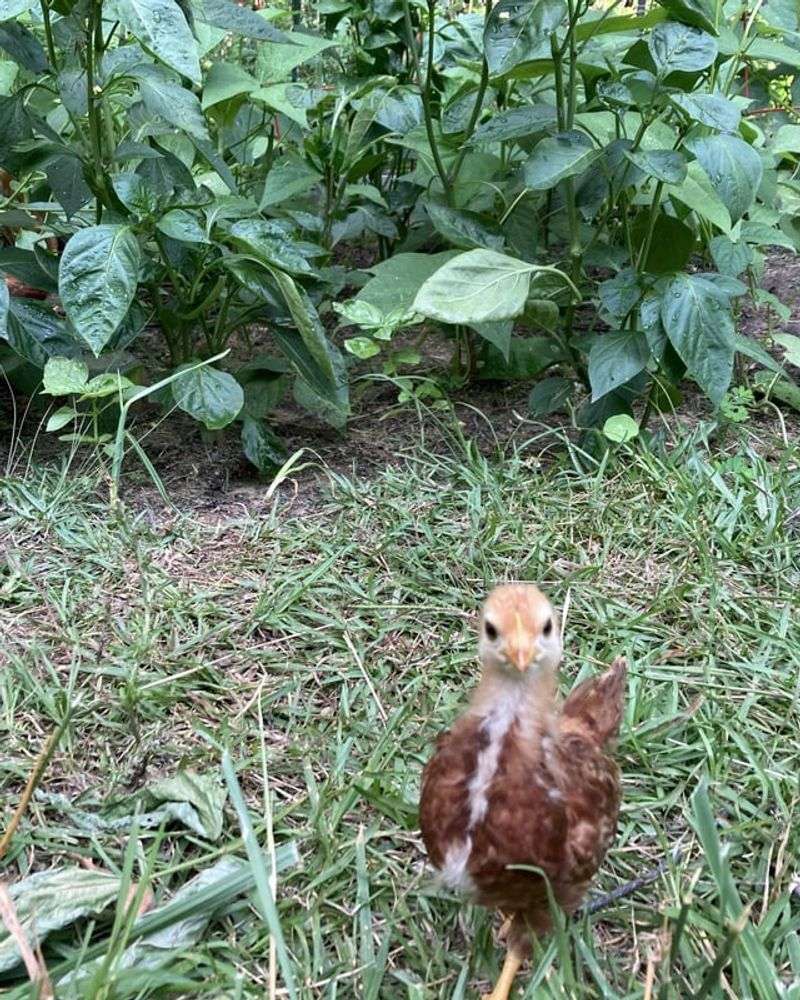
Releasing ducks into your garden at the wrong time can spell disaster. Newly planted seedlings are particularly vulnerable to duck damage, and introducing ducks during nesting season means distracted, less effective pest control.
The ideal time is after plants are established but before pest populations explode. Consider a morning release when slugs and snails are active but before the day heats up. Remove ducks during rainy periods when they might compact wet soil.
6. Ignoring Diet Supplementation
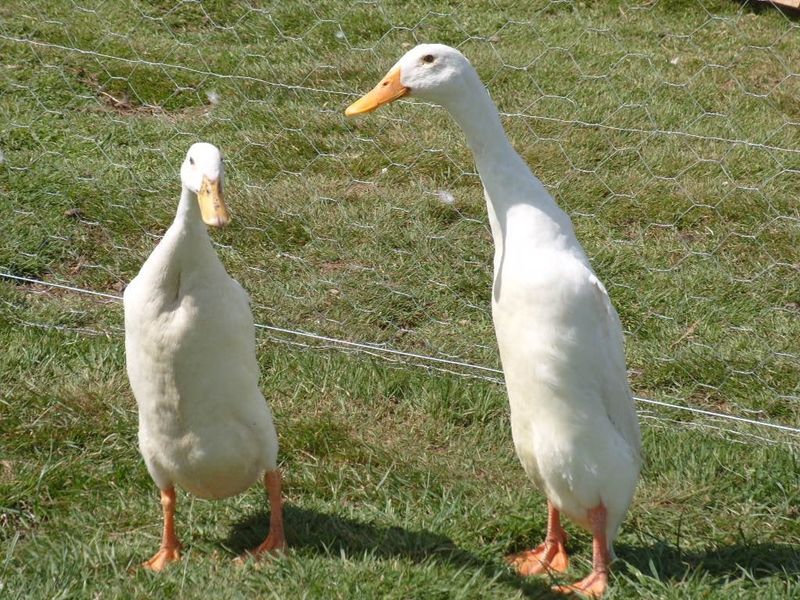
Many gardeners wrongly assume ducks can survive solely on garden pests. Without proper nutrition, ducks become hungry and start viewing your vegetables as food rather than foraging territory. Hungry ducks are destructive ducks!
Supplement their diet with appropriate duck feed, even during active pest seasons. This ensures they’re well-nourished while focusing on the insects you want eliminated. Provide feed in the morning before garden release so they’re not foraging on empty stomachs.
7. Missing Predator Protection
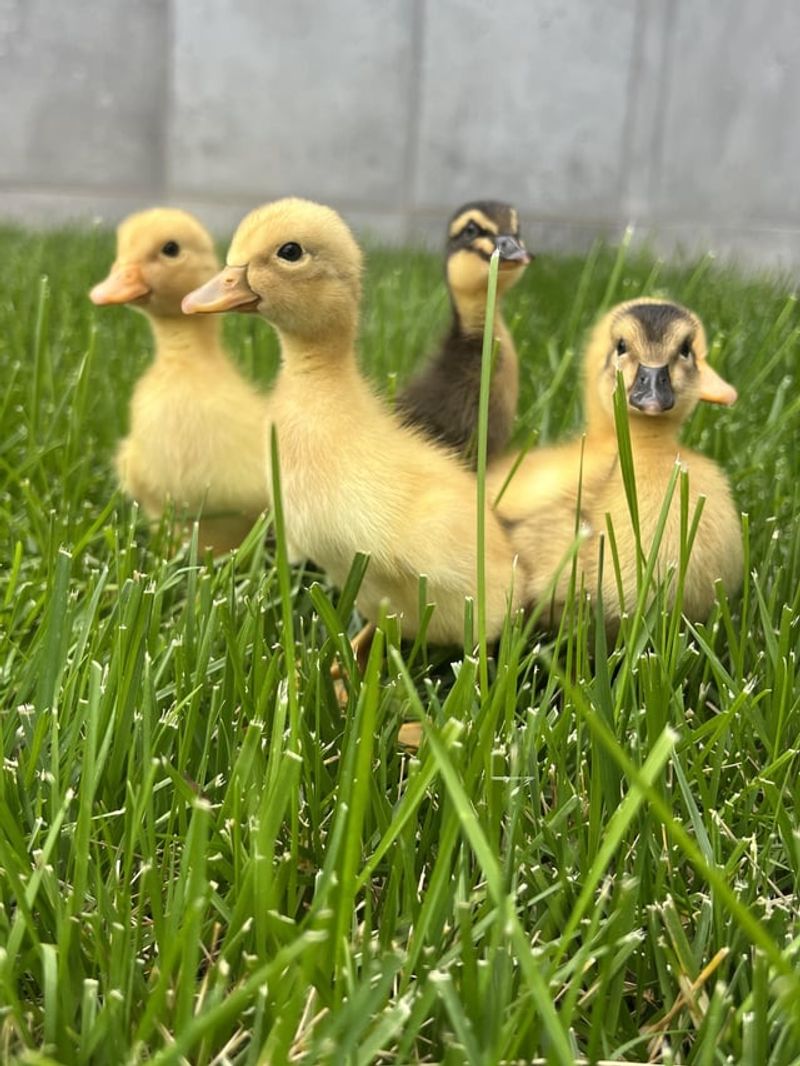
Predators pose a serious threat to your duck pest control team. Raccoons, foxes, and neighborhood dogs can quickly decimate your flock if proper protection isn’t in place. Even overhead predators like hawks can swoop down and grab smaller ducks.
Secure fencing should extend underground to prevent digging predators. Consider adding electric fencing for additional security. Always lock ducks in a predator-proof shelter at night, and provide some overhead protection like shrubs during daytime foraging.
8. Overlooking Mud Management
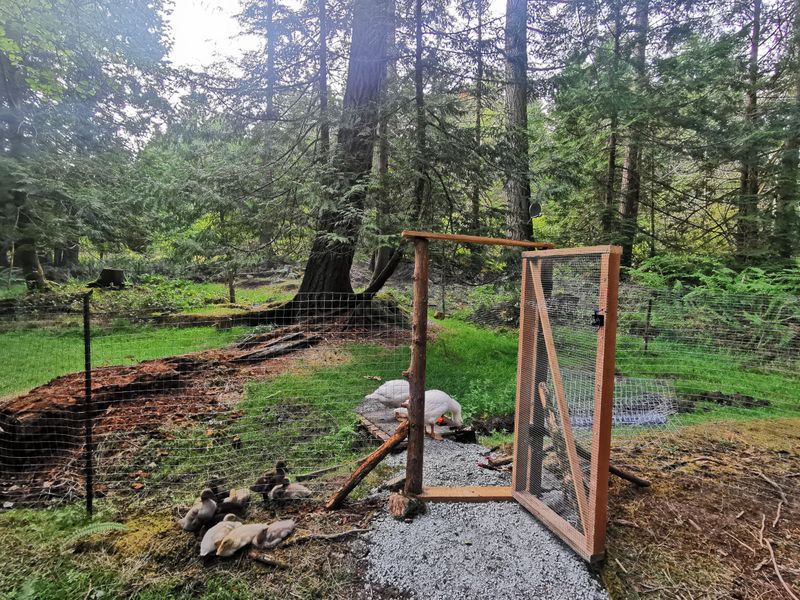
Ducks love creating muddy areas, which can quickly transform your garden paths into slippery messes. Their constant foraging and water play create mud pits that become breeding grounds for different pests than the ones you’re trying to control.
Use wood chips or straw in high-traffic duck areas to minimize mud formation. Create designated duck zones away from garden paths. Consider installing simple drainage solutions in areas where ducks frequently play with water to prevent standing water and mud accumulation.
9. Fertilizer Overload
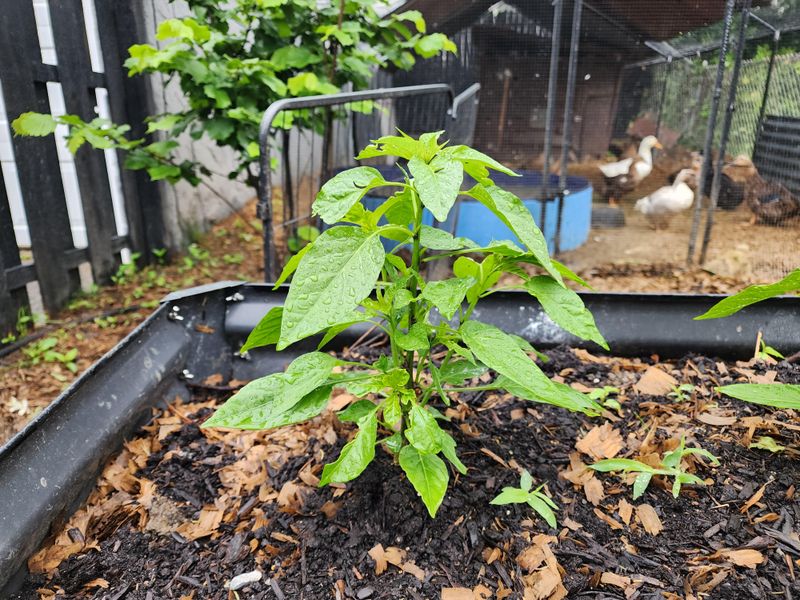
Duck droppings make excellent fertilizer, but too much concentrated in one area causes nitrogen burn and attracts flies. Gardeners often fail to manage this natural byproduct effectively, leading to plant damage and unpleasant odors.
Implement a rotation system that prevents droppings from accumulating in any single location. Use a garden rake to spread concentrated droppings more evenly. Allow fresh droppings to age before planting in heavily used duck areas, as the nitrogen levels can be too intense for young plants.
10. Neglecting Seasonal Adjustments
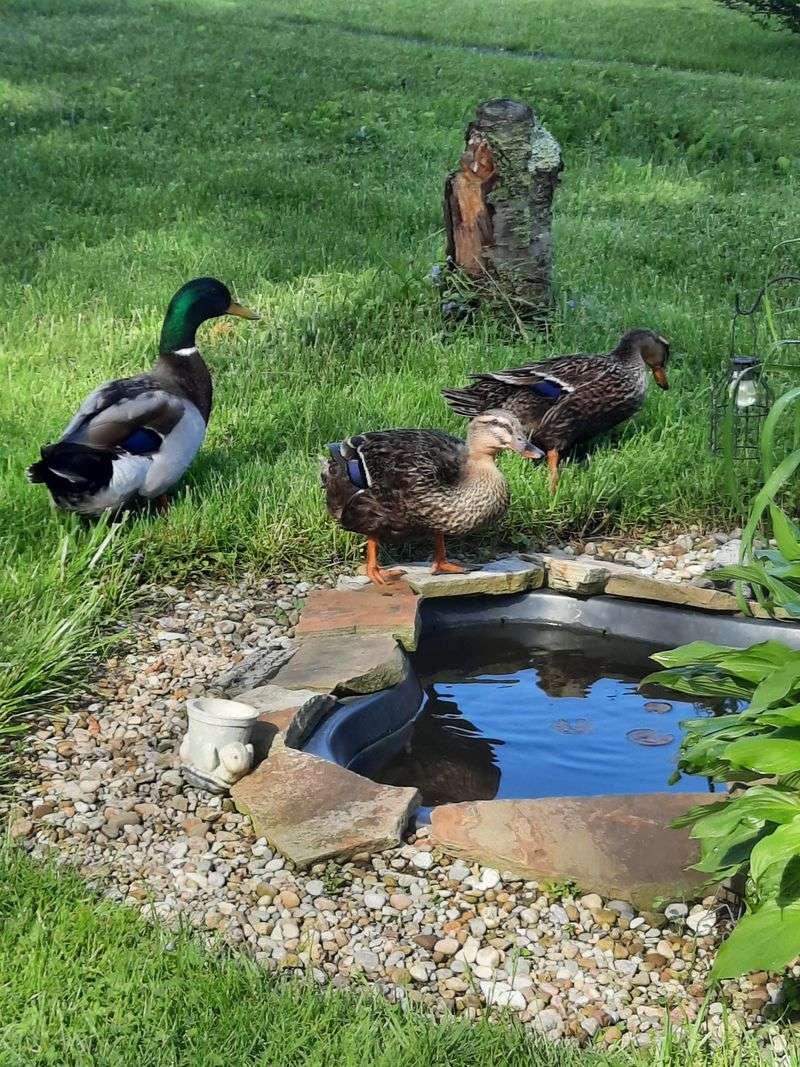
Duck behavior and effectiveness change with the seasons, but many gardeners maintain the same routines year-round. During hot summer months, ducks become lethargic and less interested in foraging, while spring brings heightened activity and possible nesting behaviors.
Adjust your duck management strategy seasonally. Provide extra shade and water during summer heat. During cooler months when pests are less active, reduce garden time and increase supplemental feeding. Always consider molting periods when ducks need extra protein and protection.
11. Improper Flock Size
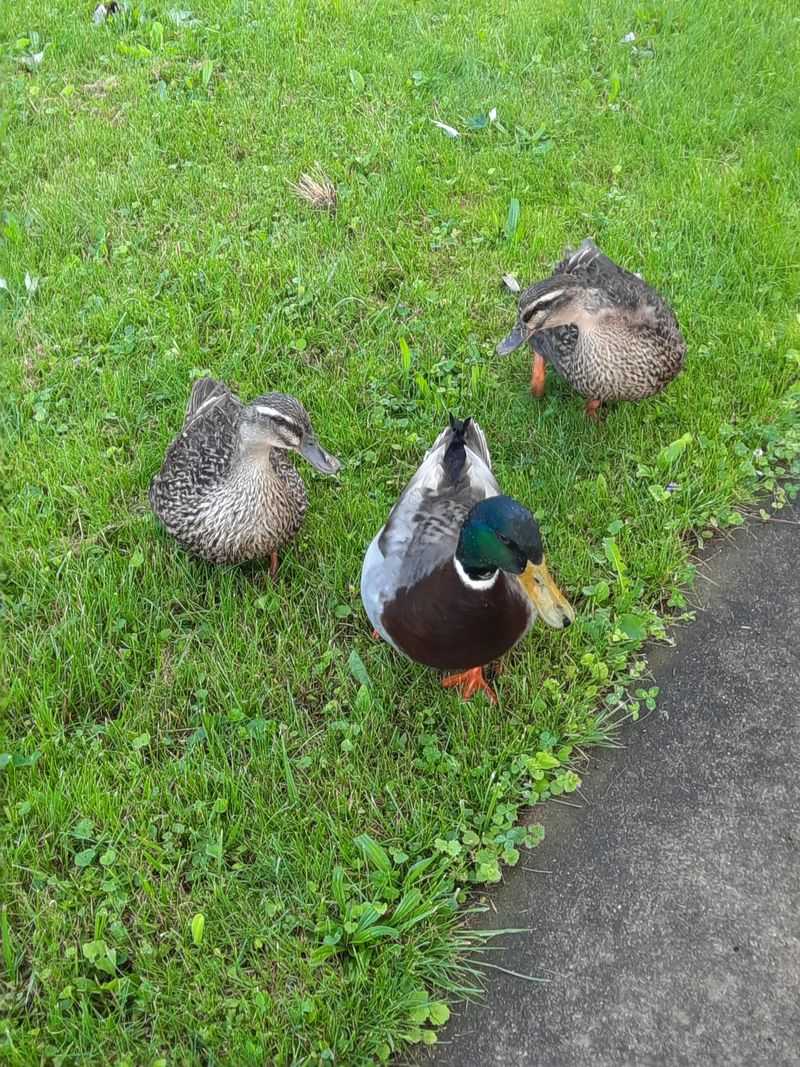
Too many ducks create excessive damage and droppings, while too few can’t keep up with pest populations. A common mistake is starting with a large flock before understanding the impact on your specific garden environment.
Begin with 2-3 ducks for an average home garden and observe their effectiveness. Ducks are social creatures needing companionship, but a small flock can adequately patrol up to a quarter-acre garden. Adjust numbers based on pest pressure and garden size after seeing results.
12. Forgetting Plant Protection
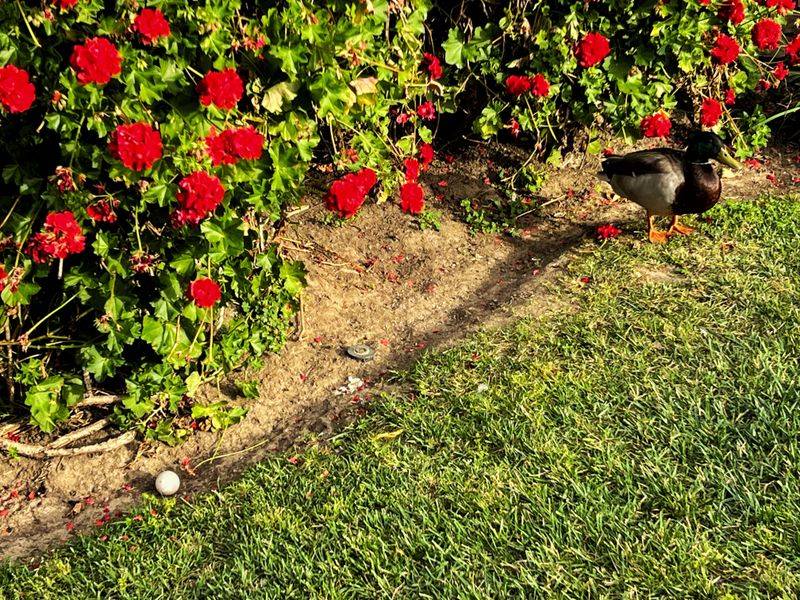
Certain plants are irresistible to ducks, especially leafy greens and berries. Gardeners often fail to identify and protect these duck favorites, resulting in damaged crops alongside pest control benefits.
Create physical barriers around vulnerable plants using chicken wire or row covers. Raised beds with fencing offer protection while still allowing ducks to patrol surrounding areas. Companion planting with duck-repelling plants like marigolds can also help create natural boundaries around crops you want to protect.
13. Water Feature Mishaps
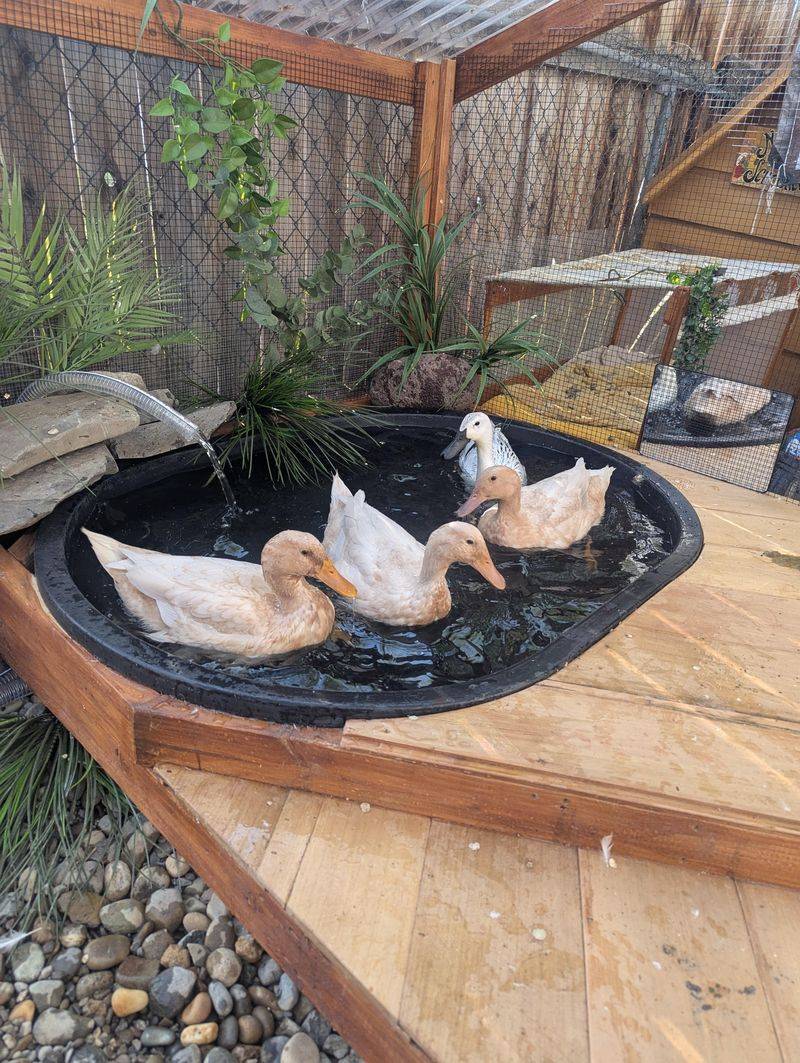
Poorly designed water features become breeding grounds for mosquitoes rather than helpful duck bathing stations. Stagnant water quickly turns foul, creating health hazards for both ducks and humans while attracting unwanted pests to your garden.
Install a small recirculating pump to keep water moving and fresh. Position water features where splashing won’t damage delicate plants. Clean duck pools at least twice weekly, more often during hot weather. Consider a shallow design that’s easy to dump and refill.
14. Ignoring Neighborhood Relations
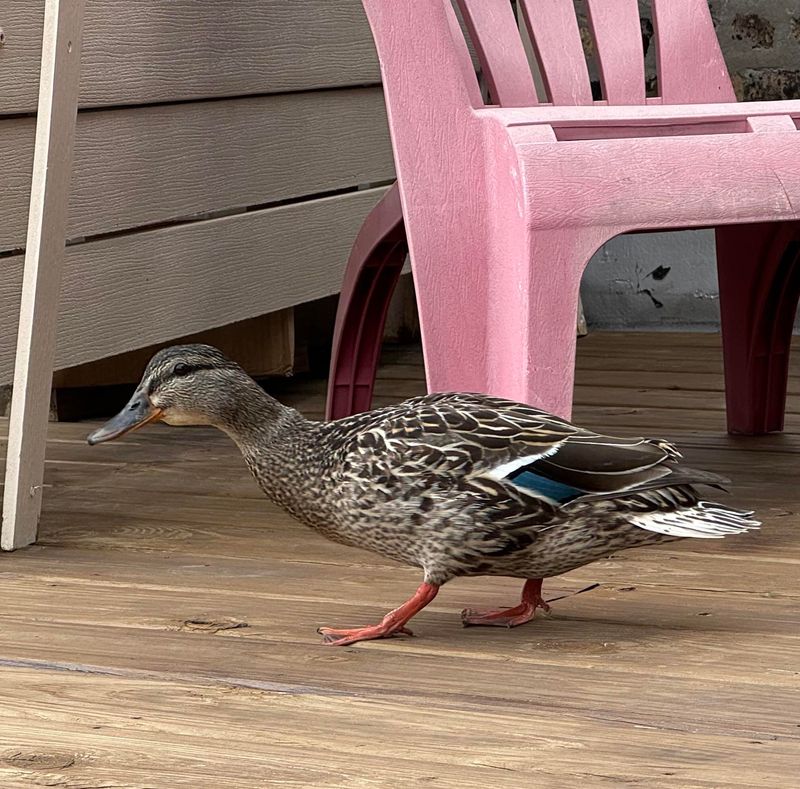
Duck noise, especially from vocal breeds like Calls or Mallards, can strain neighborhood relationships. Many gardeners overlook this social aspect until complaints arise. Male ducks can be particularly noisy during mating season.
Choose quieter breeds like Muscovy if noise is a concern. Position duck housing away from property lines and consider sound-dampening landscaping like hedges. Share some of your pest-free produce with neighbors as a goodwill gesture, and always address concerns promptly.
15. Overlooking Long-Term Commitment
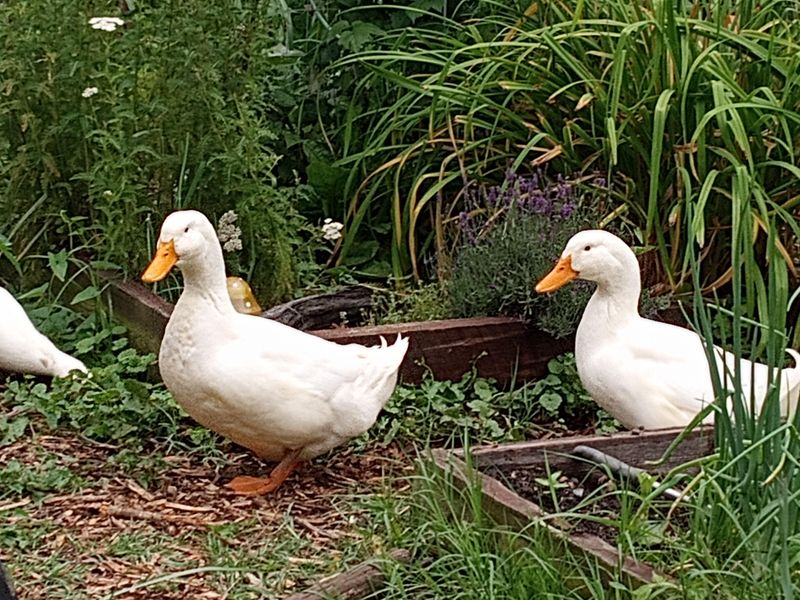
Ducks can live 8-12 years, making them a significant commitment many gardeners don’t fully consider. Impulse purchases during spring pest outbreaks lead to abandoned ducks when winter arrives and gardening season ends.
Plan for year-round care including winter housing, vacation coverage, and potential veterinary needs. Research local regulations regarding keeping poultry before bringing ducks home. Consider partnering with another gardener to share duck care responsibilities and benefits throughout the seasons.

